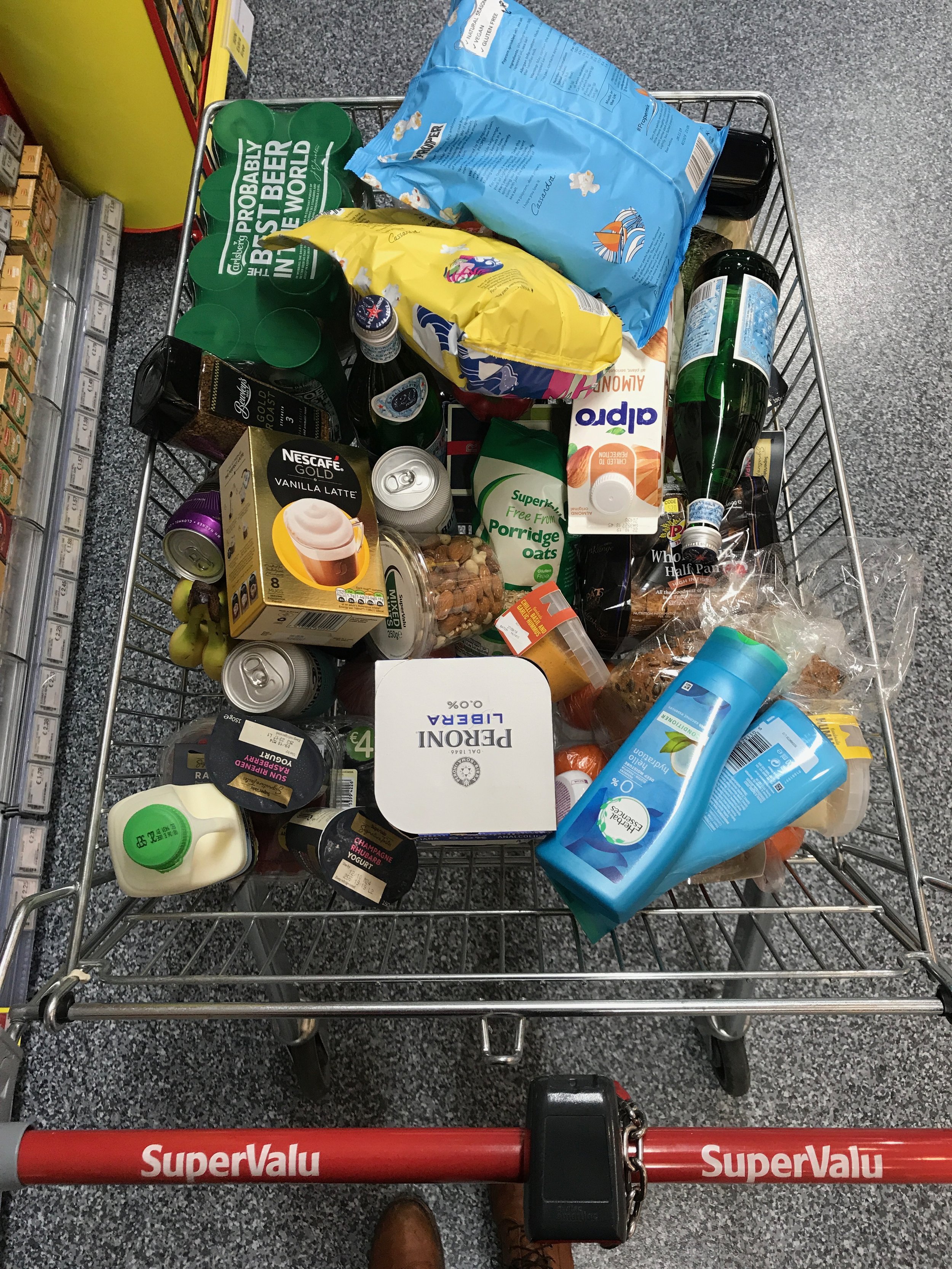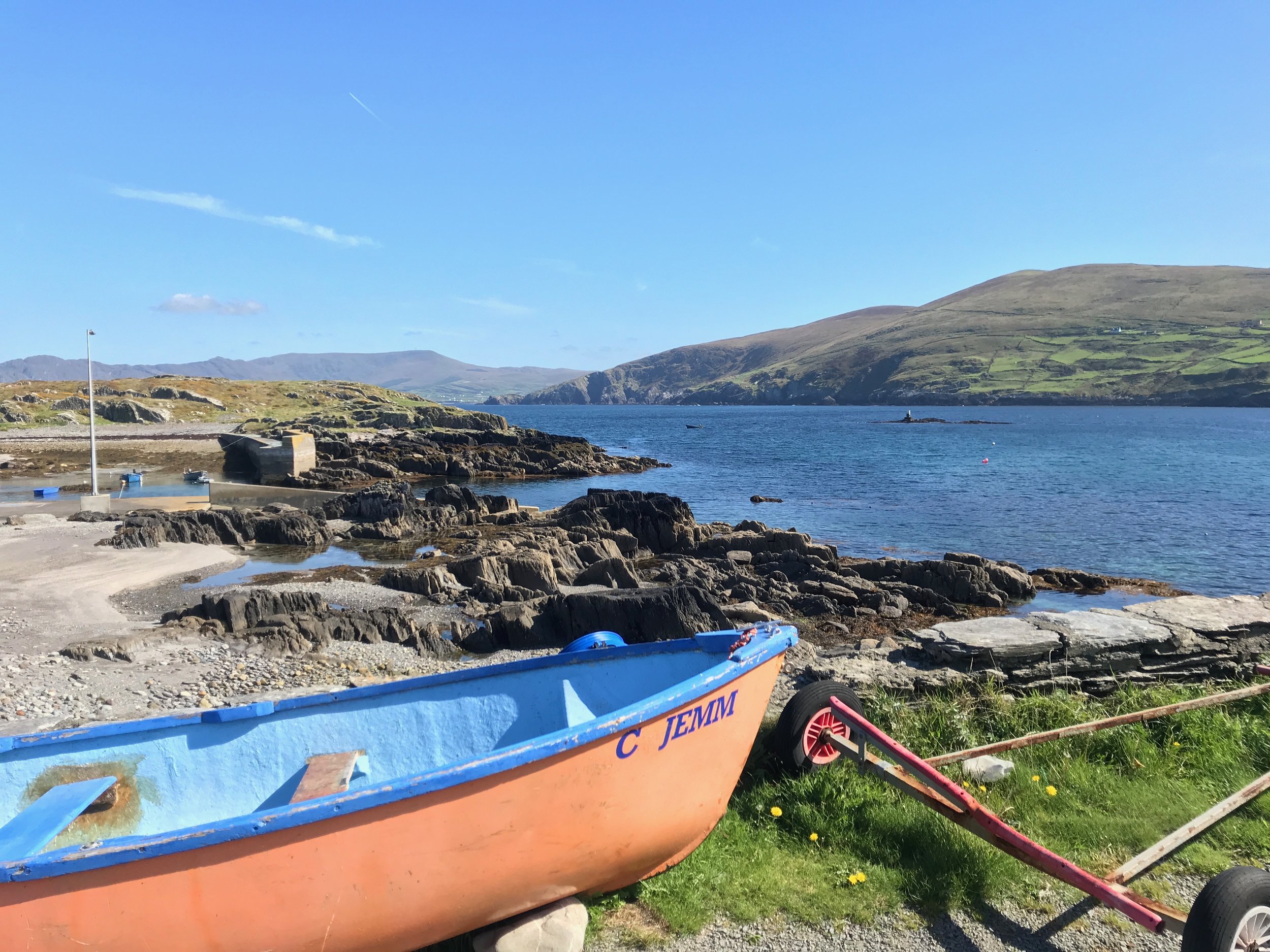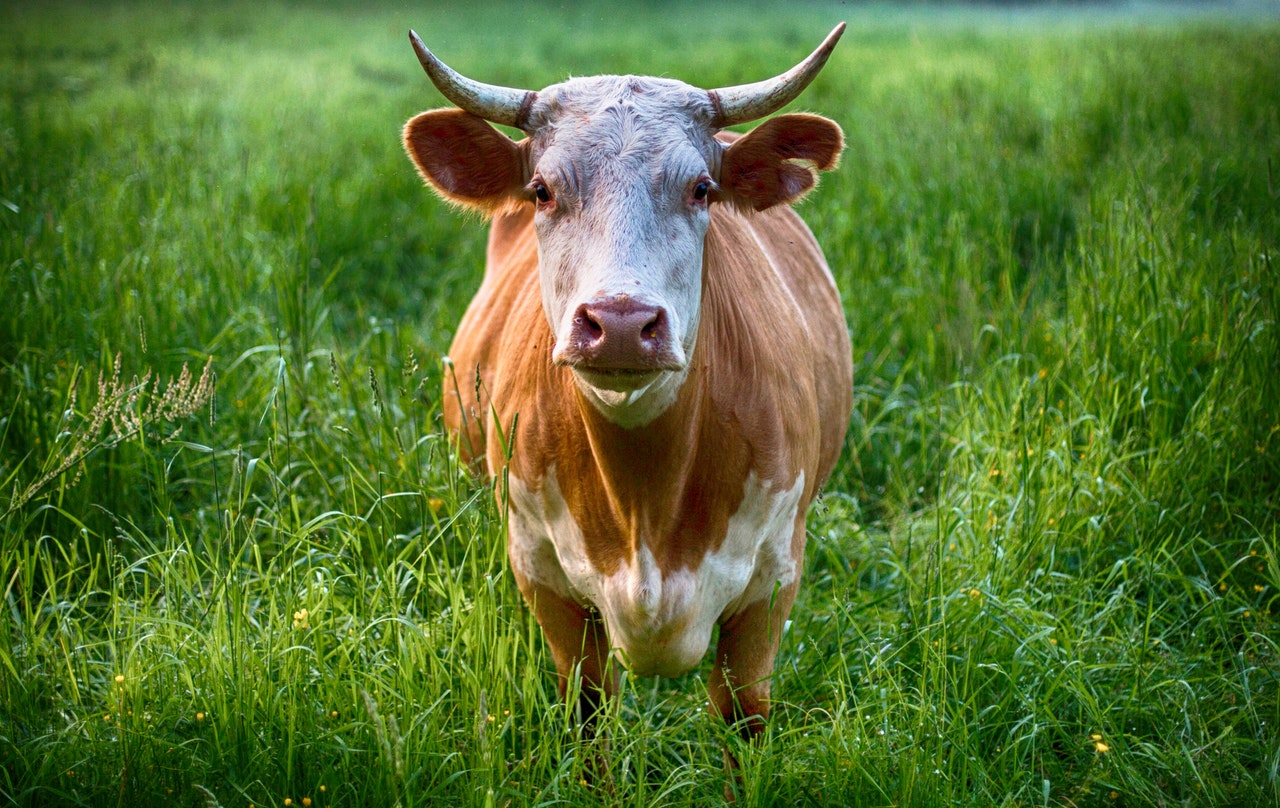Why I hate talking about being vegan.
Last week, four million young people from around the world joined together in a climate strike as world leaders headed to the United Nations Climate Action Summit. Sixty-seven countries recommitted to the Paris Climate Accord. The United States, India, and China — the world’s largest emitters of green-house gasses did not.
I was in rural Ireland, with some new family friends, when one of them turned to me and asked why I was vegan.
I froze. This man was a cattle farmer and over the previous two days, I watched him drink more milk than anyone I’ve ever met. I had no idea where the conversation was headed.
In my professional life, I provide employee wellbeing workshop to corporations. I share the personal and environmental benefits of eating a more plant-based diet with total strangers all the time.
Usually, I recommend following a Mediterranean diet.
But in my personal life, I don’t really like to talk about my food choices. It makes me feel awkward and fake. Like I’m not omnivorous enough and I’m not vegan enough. And because most people have a hard time believing something they’ve always done—like consuming dairy or meat—might actually be bad for you. (Especially, with the amount of antibiotics used in factory farming and at the high levels we’re now consuming meat and dairy products.)
On top of that, I’ve always been thin (I’m 5’ 8’’ and 120 pounds). Because of my size, people often make assumptions that I’m not getting enough protein, calcium, food, or assume I have an eating disorder. (In middle-school, one of my soft-ball teammates called me anorexic- bulimic girl.) For the record, there are tons of very fit, very healthy, very strong, plant-based athletes — just watch the movie Game Changers.
And here’s the the real buzz kill. I’m not actually vegan. Even though I know all the environmental and health reasons we probably all should be. Instead, I’m more of a flexitarian.
At home, I don’t eat meat, eggs, cheese or any other type of dairy —I’m lactose intolerant. When I search for new recipes, I look up vegan options.
But, when I invite family or friends over for dinner, I’ll often add a cheese and meat tray to my standard hummus plate. I’ve even made steak and chicken for guests, because I’ve heard them say, “a meal isn’t a meal without meat”.
When I’m invited over for dinner, I feel like a huge hassle because I choose to eat differently.
Living in a country where only .5% of the population identifies as vegan and 5% identify as vegetarian,
it can be awkward to feel like you’re the one making meal prep difficult, or that you’re putting people out by having them make something special for you. Or worse, that you’re somehow being attention seeking, frivolous, or overly feminine (so terrible, right?!) by not eating meat —- and not even chicken?! Gasp!
I love trying new foods. So, sometimes choosing not to eat meat or dairy can give me FOMO — especially when I’m traveling or meeting new people. I also feel torn when someone has gone out of his or her way to prepare a special or time-intensive meal.
So, when a friend grilled a batch of bacon-wrapped, marinated quail with jalapeños and frozen cream cheese, I ate three. When I went to South Korea and my host took me out for Korean BBQ and drink soju, I ate it, I loved it and my digestive system was out of whack for a month.
A neighbor once told me I would eventually become a full-fledged meat-eater again because of “humans’ visceral need for meat” and that all his friends who were vegetarian at some point eventually started eating meat again — one was even moved to tears by the first few bites.
Comments like that feel patronizing and judgmental.
When I’m at a friend’s house for dinner and they have a cheese or meat tray out, I find myself eating a piece. Maybe it’s because of some sort of visceral need, but I really think it’s some sort of weird psychological trick I’m trying to play on myself and others. Like, “See? We’re cool! I’m not judging your consumption choices, so everyone can relax because I just ate a piece of meat (or cheese) too.”
But then this confuses people even more. Because if you just ate a small piece of hard cheese (less gut-wrecking impact for most lactose intolerant folks!) or a bacon-wrapped quail jalapeño popper, why am I going through the trouble of making you a separate, cheese-less, meat-less pizza?
Then there’s the extra uncomfortable moment when someone else calls me a vegan, but I decide not to make a huge fuss about it. Then later I feel like I’m going to have to explain that even though I don’t usually eat meat or cheese—and, if I do, my digestive system will definitely pay for it—occasionally I’ll eat sushi, or try a bite of your smoked-for-12-hours ribs to be polite (and also because it smells delicious) or, in a moment of drunken weakness at 1:30 a.m., I’ll eat three pieces of Domino’s pizza because I’m starving after dancing to Lizzo for three hours.
And all that weird weight of having to explain why I eat what I eat makes me anxious.
So, when the Irish cattle farmer asked me about being a vegan, I took a deep breath and rambled on about how I think moderation is key, and how eating plant-based has been better for me, and how I don’t think the cattle farmers are to blame for all of climate change, but cows are producing more methane gas than other animals, which heats up the environment faster so there’s that, and how meat consumption around the world is up, and so is consumer waste, and that you have to balance supporting livelihoods and industries with what’s good for us and the planet.
Greenhouse gases and methane gas from cows….
I left thinking that we’ve had a good chat. I was proud that I didn’t deflect the conversation, nor was I overbearing with specific stats, just general “research shows” language. And that’s was the end of it. Or, so I thought.
Two days later, I’m riding to the airport with my family, and my mom says she overheard the conversation with our family friend and wondered what I had said.
Cue the anxiety.
My body tightened up, my heart started beating faster because now everyone is listening and I know I have to defend my choices and my argument better be sound because, “I’m going against decades of conventional wisdom!”
I took a deep breath, and reminded myself that I speak about these issues for a living, and that my “raised on meat and potatoes” parents are also coming around to a more plant-based diet due to my dad’s recent heart issues—so this is a supportive environment, right?
I tell my mom I think it went fine and recap.
Then I turn to my sister who also heard the conversation with our family friend. I ask how she thought it went.
She says, “I thought it was an awkward conversation so I walked away. But, I also thought you got into a preachy, presenter voice and you didn’t actually say ‘I’m not a vegan’ so that was annoying.”
Shoot! That’s not how I want people to feel.
Was my sister right? Had I totally read the conversation wrong? Did our kind and generous Irish friend, think I was being an arrogant, jerk who was talking down to him? Did the people at my last presentation feel that same way? God, I hope not.
I hope he felt like he could have a conversation about why I was “vegan” and know that not all vegans think that cattle farmers are responsible for killing the planet. And that I don’t think that he or anyone else is a terrible human for raising cattle—especially as a small farmer helping to support his family—or that if he wants to drink milk, that’s his choice and I’m not judging.
Leave it to a sister to help you realize where you need to grow.
For a long time after the conversation, I felt like I had terrible willpower and needed to “buckle-down” and “be a real vegan.”
But what I actually needed to realize is that I don’t have to defend my consumption choices. They’re mine. I don’t have to label myself a vegan to make it easier for others to understand what I do or do not want to eat, and I definitely don’t have to tie myself to the political agendas of other vegans.
For the most part, we get to decide what we eat.
but when you’re asked to defend your consumptions habits, you inevitably start to be more reflective of what you are choosing — and if they mirror your values.
So the question is, Why do you eat what you eat? Is it because it’s what you’ve always eaten? Is it because it’s convenient? Is it because it’s good for you and our planet?
And would what you eat change, if you had to defend it?







